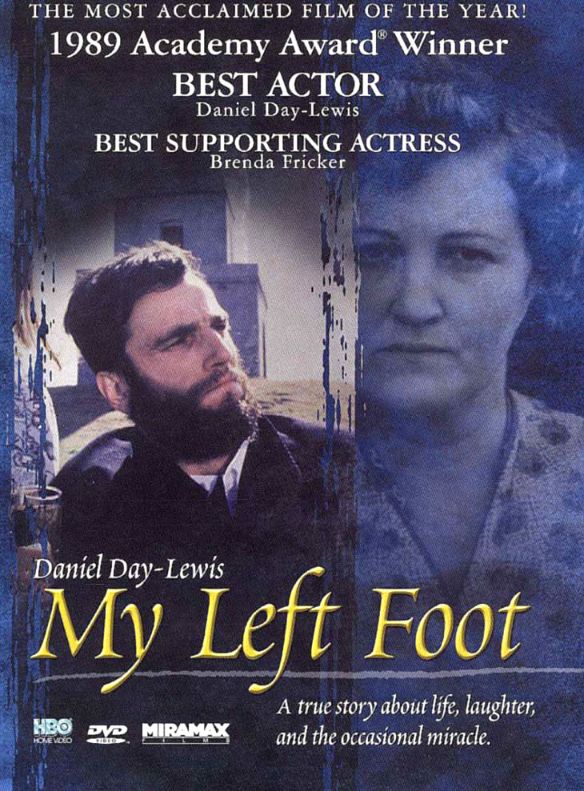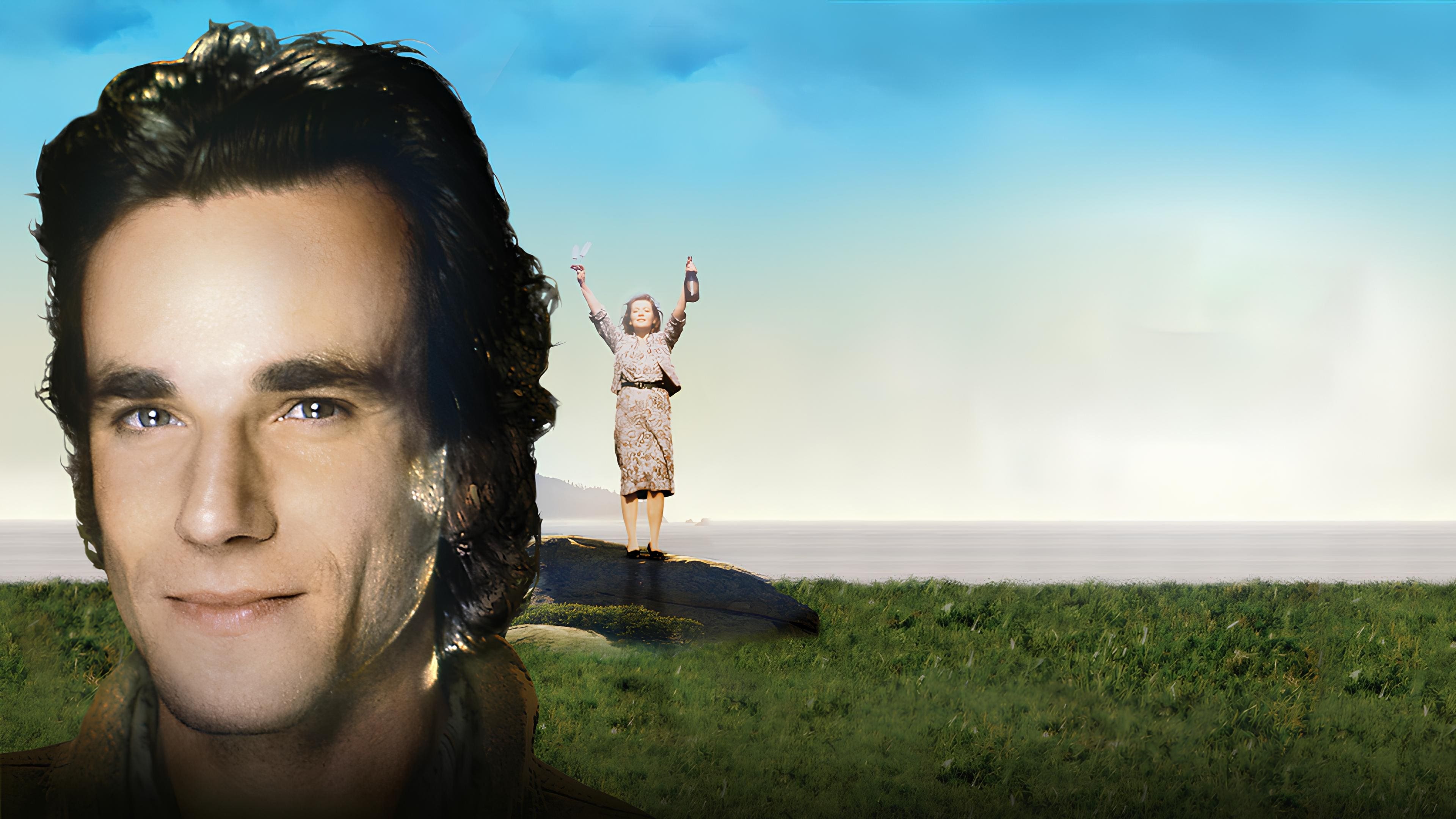


Christy falls in love with Cole, but when he learns during the dinner that she is engaged to be married, he considers suicide. Christy's mother, who had been gradually gathering some savings in a tin in the fireplace, finally saves enough to buy him a wheelchair.Ĭhristy is then introduced to Eileen Cole, who takes him to her school for cerebral palsy patients and persuades a friend of hers to hold an exhibition of his work.

Later, his father loses his job and the family faces exceptionally difficult hardships, so Christy devises a plan to help his brothers steal coal to their mother's dismay. The neighbourhood youngsters include him in their activities, like street football, but when he paints a picture and gives it to a girl he likes, she returns it. Christy's father, who never believed Christy would amount to anything, starts to become proud after witnessing him use his left foot, the only body part he can fully control, to write the word "mother" on the floor with a piece of chalk.Ĭonsequently, Christy seeks a hobby in painting. He was able to alert some neighbours and summon them over to help. One day, Christy's mother trips down the stairs while in labour and Christy was the only person home to see it. He is loved and supported by his family, especially his mother. Doctors discover he has severe cerebral palsy. In 1932, Christy Brown is born into a Dublin family of 15. In 2018, the British Film Institute ranked it as the 53rd greatest British film of the 20th century. At the 62nd Academy Awards, the film received five nominations, including for the Best Picture, with Day-Lewis and Fricker winning Best Actor and Best Supporting Actress, respectively. Reviewers praised the film's screenplay and direction, its message, and especially the performances of Day-Lewis and Fricker, while the film grossed $14.7 million on a £600,000 budget. The film was theatrically released on 24 February 1989 to critical and commercial success. Brenda Fricker, Ray McAnally, Hugh O'Conor, Fiona Shaw, and Cyril Cusack are featured in supporting roles. Brown grew up in a poor working-class family, and became a writer and artist. A co-production of Ireland and the United Kingdom, it stars Daniel Day-Lewis as Brown, an Irish man born with cerebral palsy, who could control only his left foot. My Left Foot: The Story of Christy Brown, also known simply as My Left Foot, is a 1989 biographical comedy-drama film directed by Jim Sheridan adapted by Sheridan and Shane Connaughton from the 1954 memoir of the same name by Christy Brown.


 0 kommentar(er)
0 kommentar(er)
